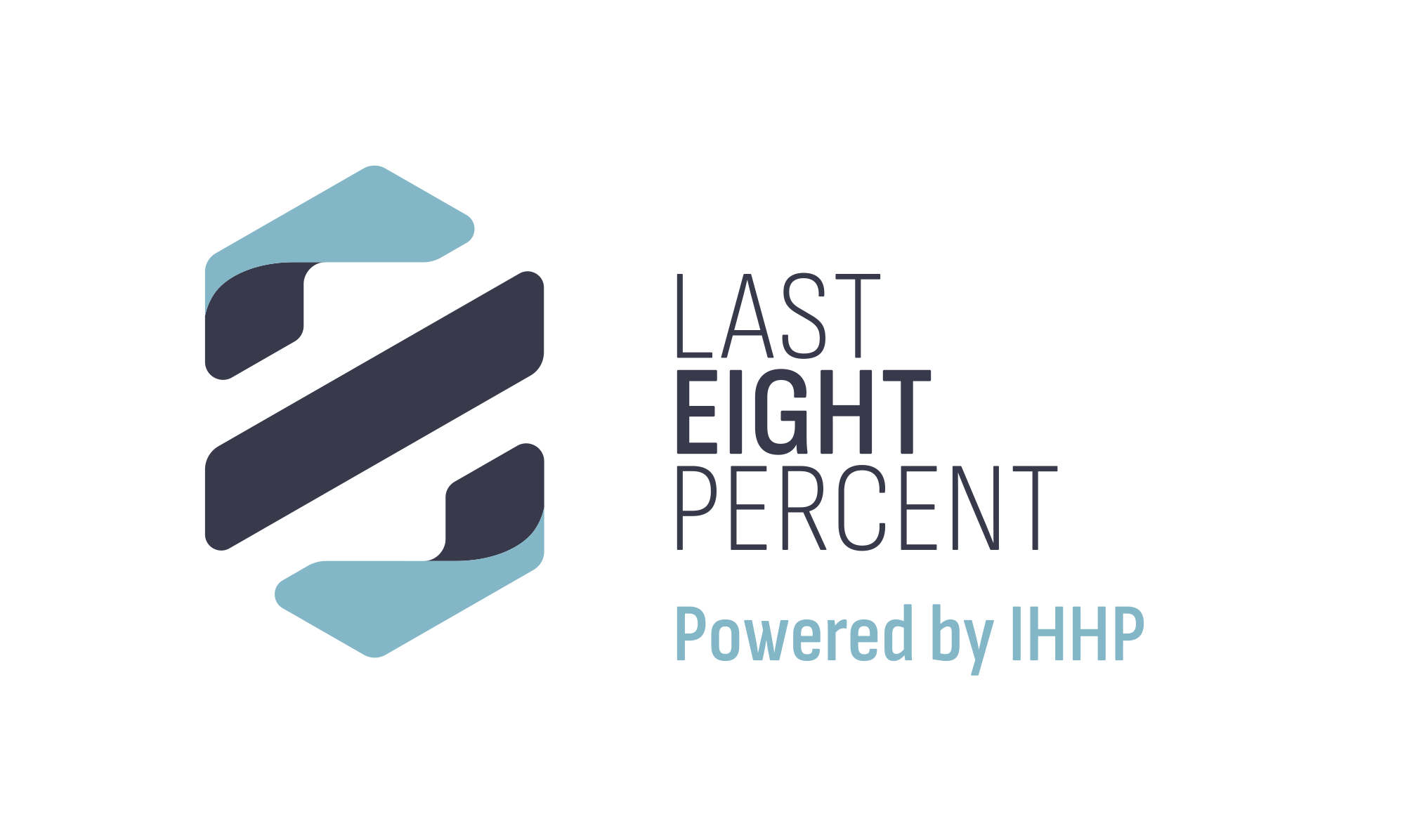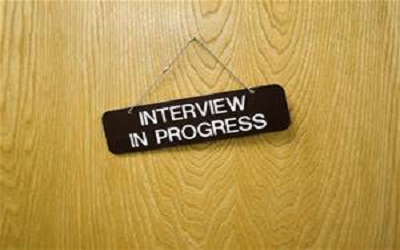Most people prepare for job interviews by doing background research, considering what questions might be asked and preparing answers. All of this is important, but most people don’t prepare themselves and their brains for the pressure they are going to feel leading up to and during the interview.
One of the things we learned in the research study of 12,000 people we conducted for our New York Times bestselling book, Performing Under Pressure, is that most people take a haphazard approach to their pressure moments and situations. The top 10% performers in our study on other hand, had insight about how their brain responds under pressure and used strategies to help them prepare for their pressure moments.
If you are going to give the best possible impression during your job interview, here are 5 Pressure Solutions from the book that will help you manage the pressure you will naturally feel:
Crisis vs. Opportunity
Your brain is wired to view any negative or pressure situation as a crisis. You might start saying to yourself things like “I don’t have the qualifications for this job” or “there must be so many other 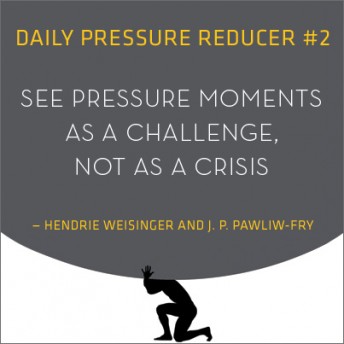 better candidates”. When we view the job interview (or any pressure moment) as a crisis, noradrenaline is released into our blood stream which reduces oxygen flow to our brain, making it harder to think clearly and speak articulately. It also means we will look more anxious and less confident. In our research study, and in our experience working with the military, business leaders, surgeons, athletes, etc., we have found that high performers are able to shift their thinking from seeing everything as a crisis and look at pressure situations as a challenge to overcome or even as an opportunity. This could sound like “I’ve done my preparation and I am well qualified for the job” or “this job is a great fit for me and I know I can make a difference for this organization”. When we do this and see our pressure moments as an opportunity, adrenaline is released into our blood stream, improving the oxygen flow to our brain, allowing us to use our best cognitive ability and show up with greater positive affect (which gives us more influence with people).
better candidates”. When we view the job interview (or any pressure moment) as a crisis, noradrenaline is released into our blood stream which reduces oxygen flow to our brain, making it harder to think clearly and speak articulately. It also means we will look more anxious and less confident. In our research study, and in our experience working with the military, business leaders, surgeons, athletes, etc., we have found that high performers are able to shift their thinking from seeing everything as a crisis and look at pressure situations as a challenge to overcome or even as an opportunity. This could sound like “I’ve done my preparation and I am well qualified for the job” or “this job is a great fit for me and I know I can make a difference for this organization”. When we do this and see our pressure moments as an opportunity, adrenaline is released into our blood stream, improving the oxygen flow to our brain, allowing us to use our best cognitive ability and show up with greater positive affect (which gives us more influence with people).
Downsize the importance. All too often, we overstate the importance of a situation: “this is the most important job interview I’ve ever had” or “it will be a disaster for my career if I don’t get this job”. The more important we appraise a situation, the more pressure it creates, which leads to distorted thinking, errors, lack of focus and less skillful behaviors. When you find yourself doing this, you can lessen the pressure by minimizing the significance of the situation. You might say to yourself “I really do want this job, but there will be other opportunities if this one doesn’t work out”
Be Open and Expansive. Social Psychologist Amy Cuddy and her research team at Harvard have discovered a connection between our body posture and our confidence. When we in a “closed and contracted” position – shoulders forward, slumping, arms crossed, typing on a phone or computer – the hormones that regulate stress and feelings of confidence go in the wrong direction. i.e. stress goes up and confidence goes down. When we are in an “open and expansive” positon – sitting or standing straight up, shoulders back, arms open – the opposite happens: we begin to feel less anxious and more confident. Prior to the interview, whether it’s by phone or in person, make sure you are not sitting in a closed position. If you can stand prior, that is ideal. If you have to sit down, keep your shoulders back, head up, and palms turned up. It will actually increase your confidence!
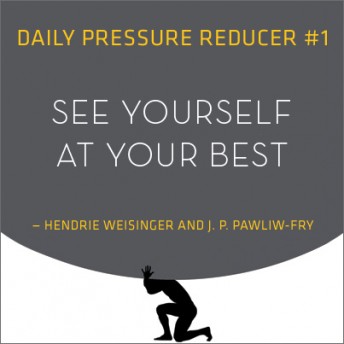 Recall You at Your Best. The basic idea with this pressure solution is that by visualizing your past successes in similar situations, you stimulate the same type of responses that helped you before. Research shows that the thoughts and behaviors associated with past experiences are imprinted on our brain; the more frequently these experiences are thought of, the more firmly implanted they become, and the more likely they are to resurface in a current experience.So, prior to any interview, think of a time when you nailed it in an interview and how that felt. If you haven’t had a recent interview like that, think of a conversation you had with someone where you were engaged, confident, positive and felt a really strong connection. By implanting that in your brain, you can perform better during the pressure of an interview.
Recall You at Your Best. The basic idea with this pressure solution is that by visualizing your past successes in similar situations, you stimulate the same type of responses that helped you before. Research shows that the thoughts and behaviors associated with past experiences are imprinted on our brain; the more frequently these experiences are thought of, the more firmly implanted they become, and the more likely they are to resurface in a current experience.So, prior to any interview, think of a time when you nailed it in an interview and how that felt. If you haven’t had a recent interview like that, think of a conversation you had with someone where you were engaged, confident, positive and felt a really strong connection. By implanting that in your brain, you can perform better during the pressure of an interview.
Regulate Your Breathing. This may sound simple and obvious, but you’d be amazed at how often we let our breathing become irregular leading up to or in a pressure situation like an interview. Anxiety speeds up your breathing, forcing you to breathe high up in your chest. By consciously slowing down your breathing and making sure you breathe from the diaphragm, you will be able to quickly calm yourself down.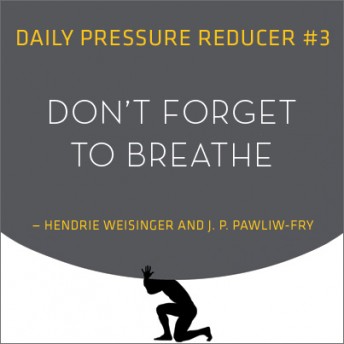
These five brain-based strategies for managing the pressure in an interview will give you an advantage over the other candidates. The great news is that if you practice these for interviewing, you’ll be training your brain to use these techniques in any pressure situation.
All of the research and Pressure Solutions described in this article come from the book Performing Under Pressure. To get the book and learn about more of the 22 Pressure Solutions, visit www.pressurebook.com
Bill Benjamin is a training and leadership expert at the Institute for Health and Human Potential and a contributor to the New York Times best-selling book Performing Under Pressure. Bill is a highly sought-after speaker on the topics of emotional intelligence and performing under pressure, and is a co-author of IHHP’s Women Under Pressure white paper. Bill works with people in many high-pressure environments, including Intel, Goldman Sachs, the U.S. Marines and Surgeons
